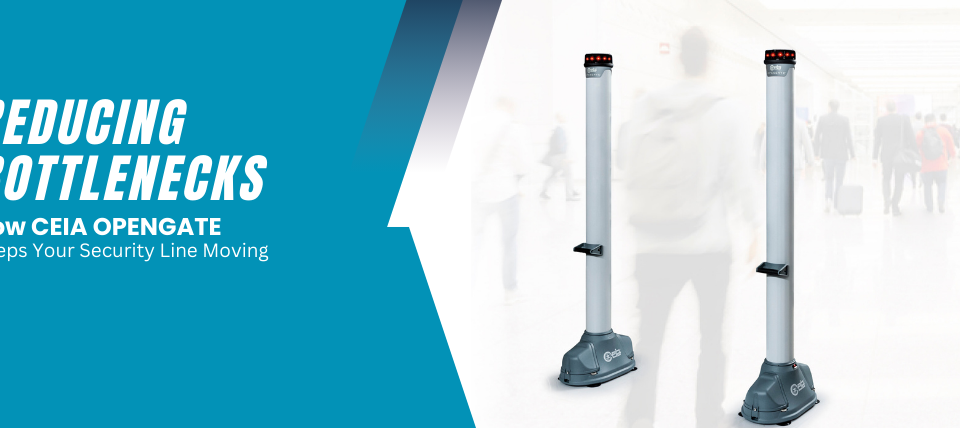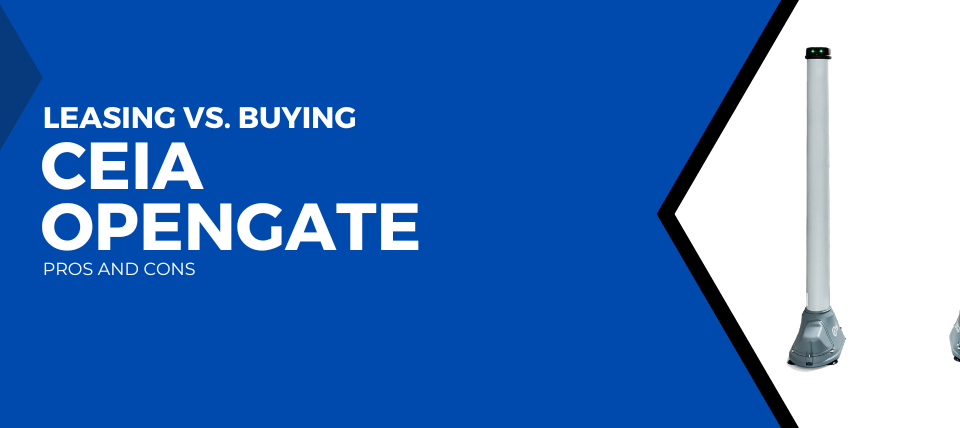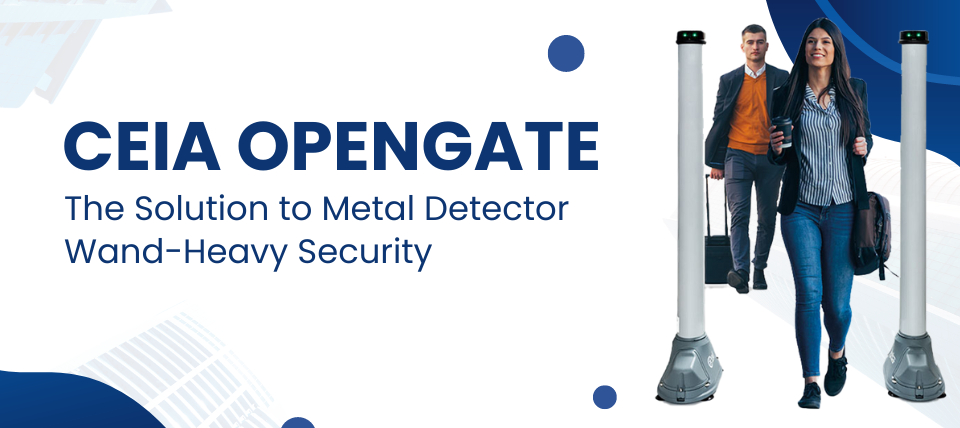9 Industries that are Affected by the Internet of Things
What direction do you see the future of your business going?
There is no foreseeable end to the constant stream of new technologies that are entering the market on a daily basis. So, what does that mean for you? In order to keep up with IoT technology, you must stay current no matter the industry.
From smart devices to fleet and healthcare devices, the Internet of Things is constantly changing the way businesses operate. As a matter of fact, it is so advanced that most technologies are capable of communicating without human interaction. Here are some of the advancements currently taking place in eight of the world's largest industries.
-
Healthcare
Telemedicine has made drastic improvements to increase convenience for both healthcare professionals and patients. Doctors can now "visit" patients virtually and diagnose certain issues instantly. How does this happen? Well, “wearable technologies” track factors such as patient heart-rates. This data is then transmitted via the cloud to the doctor who can proactively diagnose.
-
Transportation / Fleet
How do you successfully keep track of all your fleet vehicles on the road? It may seem like a nearly impossible task. But, did you know that with IoT technology you can track and monitor driver locations, speeds and idle times? With a well-established fleet management solution, your business is able to reduce fuel cost, improve driver safety and more.
-
Agriculture
Smart farming, based on the Internet of Things, will provide farmers with the tools they need to reduce waste and enhance productivity. What if you could monitor field conditions from anywhere at any time? Have you ever wondered if there was an easy way to measure conditions such as humidity, temperature and soil moisture? With IoT technology, sensors efficiently control crop irrigation. Farmers utilize smart farming to evaluate field conditions, while drones fly overhead to inspect and monitor, transmitting real-time data back to the farmer.
-
Retail
According to Forbes, 70% of retail decision makers globally are ready to adopt the Internet of Things in order to improve customer experiences. What does this mean? Retail locations will see improvements in inventory tracking, specifically utilizing automation to ensure higher levels of customer service and more efficient inventory management. IoT will also implement locationing technology to improve the shopper’s experience by automating employee responsiveness.
-
Financial
Online banking has already made a huge impact on clients. Online payment options, secure money transfers and mobile check deposits add a convenience factor to many busy individuals.
By using the plethora of data that can be collected from mobile applications, financial institutions are equipped to send targeted messages and service offerings direct.
-
Marketing / Advertising
Have you ever gotten an alert on your smartphone notifying you of a store sale as soon as you walk in the door? That’s a prime example of how Apple already utilizes smart phone technology. Marketing specialists use IoT technology to capture consumer behaviors, buying patterns, search requests, and more. This data assists marketers in better targeting their campaigns.
-
Manufacturing
Did you know that manufacturers spent roughly $178 billion on IoT in 2016? What was the money spent on? Well, many factories are now equipped with asset tracking, automated maintenance alerts, production monitoring, and air quality and ventilation tracking.
-
Energy
IoT technology works to reduce costs, improve energy efficiencies, and achieve sustainability. Smart technologies can collect data and provide building managers with energy consumption details. IoT-enabled intelligent building systems incorporate sensors to deliver data.
-
Security
As technology advances, security technologies become more affordable. Compared to a few years ago, you can now hook up security cameras throughout office buildings for a fraction of the cost.
How will IoT make your business safer? To start, motion sensors send alerts in real-time to business owners with any on premise concerns. Business owners can they take action and alert authorities or deem as a false alarm within moments.
To conclude, IoT makes it possible for everyday devices to connect and transfer data in real-time to each other. As you can tell, the Internet of Things has already and will continue to revolutionize how businesses operate.



